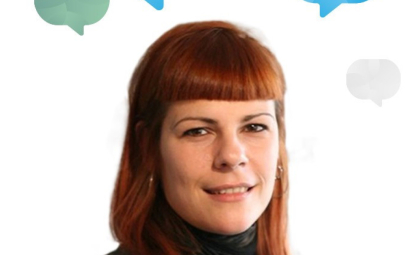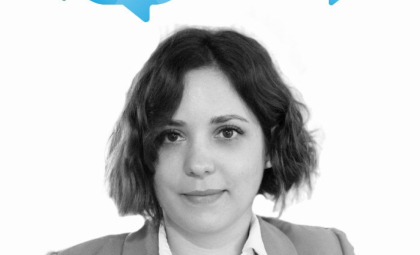

Who do we want to work for?
We are witnessing the development of the labor market in the Republic of Serbia conditioned by the inflow of large number of investments and companies, which are rapidly becoming competitors in terms of profit, but also attracting talents and experts.
When your job involves daily interviewing candidates of various profiles, seniorities, from different industries, then you have the opportunity to feel the pulse of both the market and the candidate, their needs, desires and expectations from the employer. Our experience taught us that candidates want their employer to meet the basic requirements such as regular salary, holiday pay, meal allowance and transportation costs. What candidates also expect from employers is to give them the opportunity for constant learning, improvement and advancement, a good and cooperative climate among colleagues, interesting job content, flexibility of working hours and the work from home option. In March this year, with the introduction of the state of emergency, many companies were forced to introduce remote work for their employees. After a few months, we are witnessing that this way of working absolutely works in some industries and can be a significant relief from stress and a great benefit for employees, as well as for companies that want to retain their employees and thus reduce turnover. Employees prefer active communication with their superiors related to recognizing their results, so that they could know if they are making a progress, if their work and contribution make sense, as it is never motivating when somebody’s work is not appreciated or recognized. This introduces the topics of performance management, with timely feedback being one of the most important. Also, a healthy and good work and life balance is an important item for long-term job satisfaction, and employees want their managers and employers to have and live, that is, commit to this value.
Most employees, but also candidates who are in the process of recruitment and selection face the challenge of how to choose the best employer, that is, which company will win the "employer of choice" title.
In order to better understand the current market changes, but also the perception of future candidates, the partner company Assert International carried out a survey (October, 2020) aimed at identifying the attitudes of existing talents in Serbia – precisely about future employers. The younger generations answer the question "Who do we want to work for?" and give us the opportunity to derive generational differences in expectations. One of the most important results says that the so-called "Generation Z", apart from earnings (which they do not even rank as the most important), expect the following from their future employer:
- possibility of professional development (72.58%)
- possibility of advancement (71.77%)
- good interpersonal relationships in the future company (68.55%)
If we talk about the attitude or expectations of young people from future superiors and leaders, they are very high - apart from the fact that it would be desirable to show a high degree of technical competence, superiors must motivate their team members and be mentors in the true sense of the word. Generation Z expects their superiors to have the competencies and skills of efficient work task management, but also management of time provided for their realization, as well as to regularly give constructive feedback. These results open up many topics and dilemmas, which need to be addressed given that our market is increasingly becoming candidate-oriented.
Experience has shown us that it is very important to consider the generational synergy in companies, i.e. synergy of employees who already work and young people who first coming to the company. It should also be borne in mind that not the same benefits are valued for employees of different profiles and seniority levels. The point is that the company must think about each employee individually, about his or her needs and motivation. Different generations have different priorities. Education, mentoring, opportunity for advancement are important for young millennials, while flexible working hours, shorter workweeks, private or additional health insurance are valued by older candidates. Apart from seniority, if we look at the gender dimension we can also see very significant differences in the factors affecting attraction and retention. Different gender roles influence the formation of attitudes and needs of employees, which is inseparable from everyday life, i.e. the private sphere. These conclusions are consistent with a global study conducted by Manpower (Closing the Skills Gap: What workers want, 2020). Namely, this study very clearly points to similarities, but also differences - which are not only conditioned by the generation gap, but also by significant changes in the global development of the labor market, innovative technologies, bringing completely new jobs that require completely different sets of competencies.
Employers have a really difficult task - to adequately balance the expectations of employees and candidates, but also to think about how to justify their investments and ensure that meeting employees’ needs is in line with the realization of the planned tasks, and accomplishment of short-term and long-term goals of the company. It is very important to demonstrate a healthy sensibility about market trends, from the point of view of either the employer or the candidate. Therefore, communication and open relationship, with transparently communicated expectations between the employee and the (future) employer, are the jumping-off point and a sound foundation in building professional and long-term cooperation.







